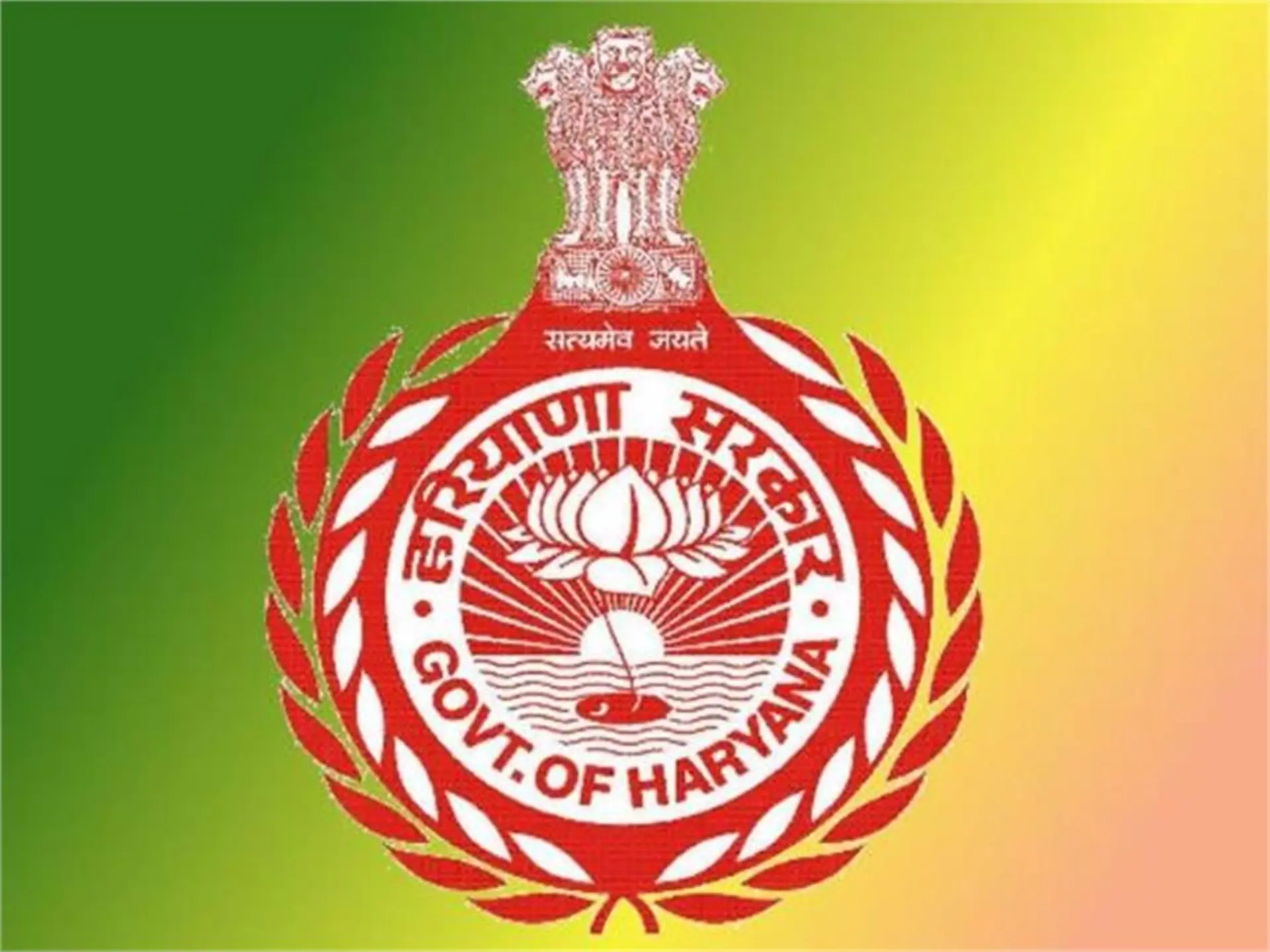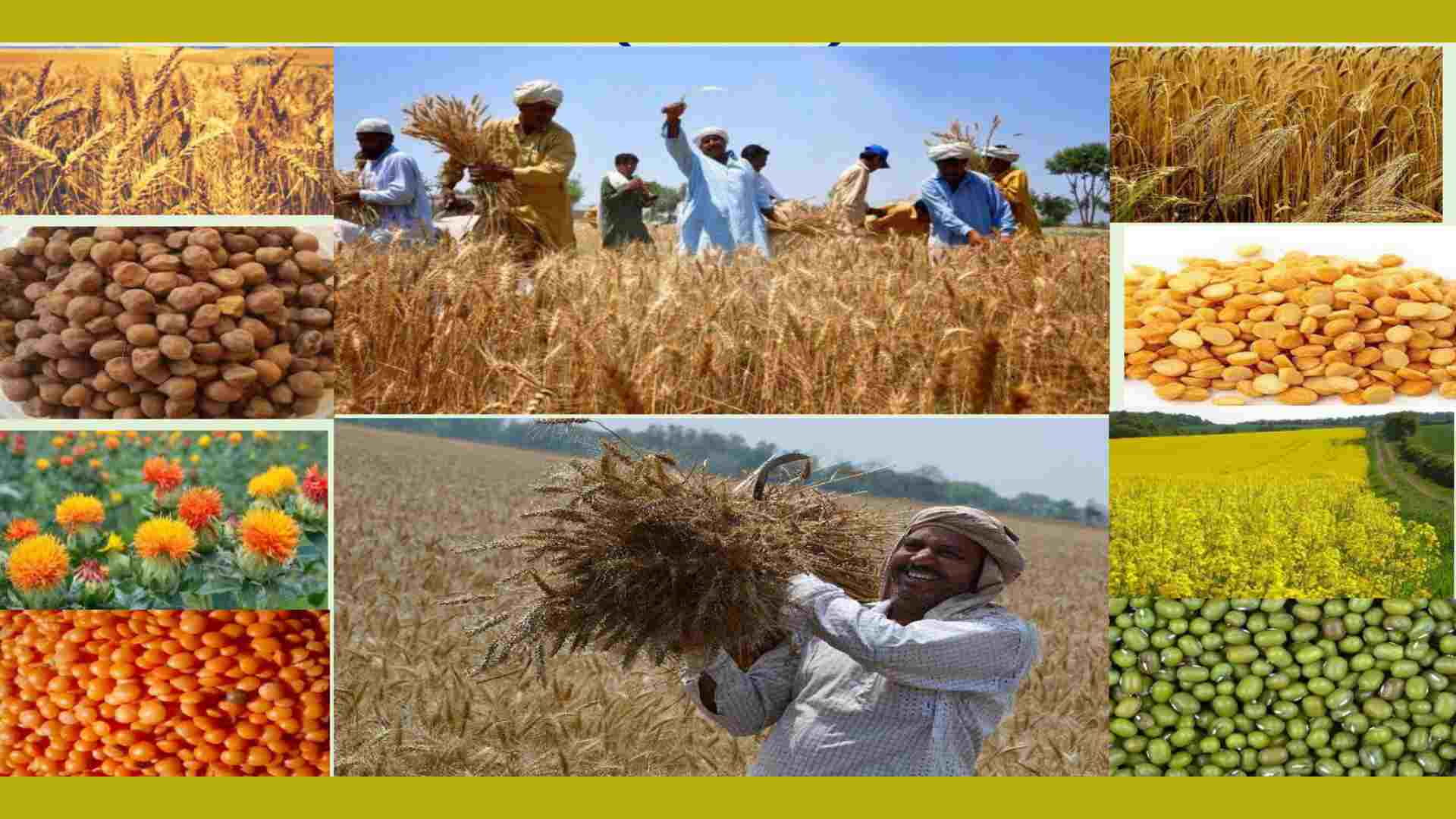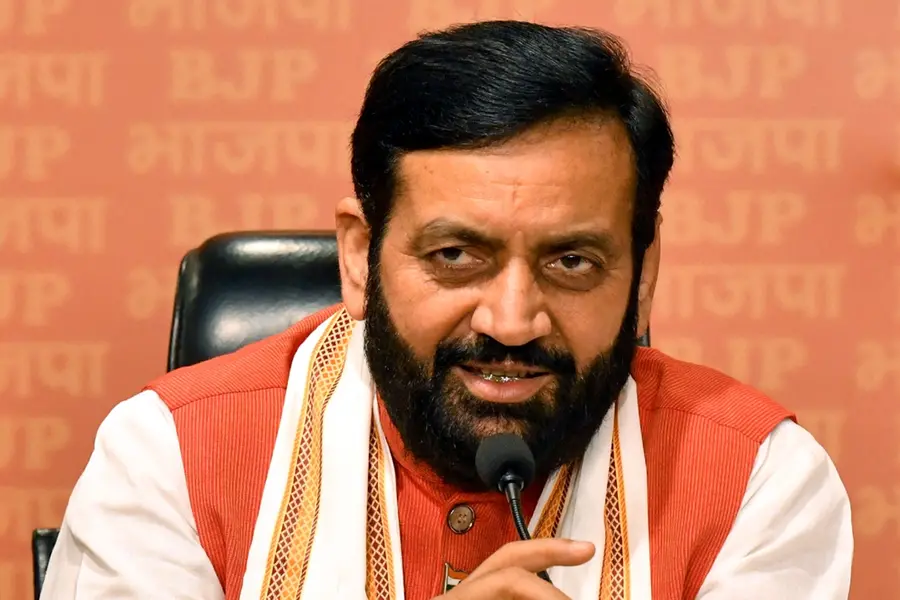
In Haryana, the Minimum Support Price (MSP) program encompasses 14 essential crops, reflecting the state government's support for agricultural sustainability and farmer welfare. This initiative stands out as a beacon of support for farmers, ensuring stability and prosperity in the agricultural sector. The MSP program in Haryana plays a pivotal role in safeguarding farmers' interests by providing a guaranteed price for their produce.
Significance of MSP:
Minimum Support Price (MSP) is a critical component of India's agricultural price policy, aimed at protecting farmers from market fluctuations and ensuring a stable income. It serves as a safety net for farmers, incentivizing them to enhance production while safeguarding their economic interests.
Haryana's MSP Initiative:
Haryana stands as a trailblazer in agricultural support with its MSP program covering 14 different crops. This comprehensive approach reflects the state government's commitment to bolstering the agricultural economy and ensuring farmer prosperity.
List of Crops Covered Under Haryana's MSP:
- Paddy
- Jawar
- Bajra
- Ragi
- Maize
- Arhar (Pigeon Pea)
- Moong (Green Gram)
- Urad (Black Gram)
- Cotton
- Ground Nuts
- Sunflower
- Soyabean
- Sesamum
- Nigerseed
Objectives of MSP:
The primary objectives of MSP include providing remunerative prices to farmers, incentivizing higher production, ensuring food security, and maintaining a balanced agricultural ecosystem. MSP acts as a catalyst for agricultural growth, fostering economic stability and food self-sufficiency.
Procurement and Implementation:
The procurement process under MSP involves the government purchasing crops from farmers at a predefined price, thereby supporting their livelihoods and ensuring market stability. Haryana's proactive approach to MSP implementation underscores its commitment to farmer welfare and agricultural sustainability.
Calculation of MSP:
The calculation of MSP involves meticulous analysis by the Commission for Agricultural Costs and Prices (CACP), considering factors such as cost of production, market trends, demand-supply dynamics, and international price fluctuations. This ensures that MSP reflects the true economic value of agricultural commodities.
Government Support and Policies:
The government's role in declaring and implementing MSP is crucial for supporting farmers and maintaining agricultural productivity. Through open-ended MSP policies, the government encourages the production of vital crops essential for food security, thereby promoting rural prosperity and economic growth.
Conclusion:
Haryana's exemplary MSP scheme underscores the state's unwavering commitment to farmer welfare and agricultural sustainability. By encompassing 14 different crops under MSP, Haryana sets a benchmark for agricultural support initiatives, ensuring prosperity and stability for farmers across the state. This comprehensive approach not only safeguards farmers' livelihoods but also contributes to India's overall food security and economic prosperity.
Post by CMO Haryana:















